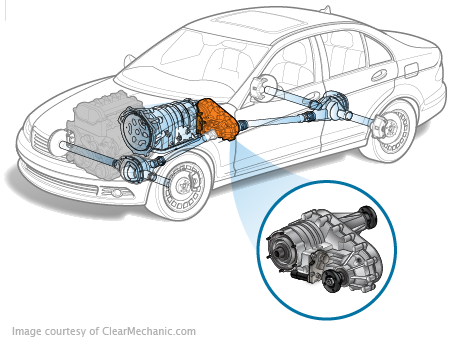
Photo courtesy of Pexels
As artificial intelligence finds its way into one industry after another, it’s safe to assume it has found its way into the legal field. The same goes for consumers, as AI already has a direct impact on their buyer experience.
Nevertheless, when it comes to law, it isn’t hard to see how AI could be used to benefit the industry and its clients. From managing documentation to resolving disputes, algorithms can be useful for a surprising range of tasks.
When it comes to lemon laws, there is an ongoing battle with those who end up with defective vehicles. This article leans into where AI finds its place with vehicles and navigating lemon law cases, as well as consumer rights.
Overview of Lemon Laws
The short version is that lemon laws are in place to shield consumers from risks with defective vehicles or products that don’t meet quality standards. From a money standpoint, many people end up paying more than what the quality is worth.
You’ll find many other caveats included with lemon laws. Some of these pertain to manufacturer accountability, fair remediation, and much more. While lemon laws originally started out to focus on defective vehicles, they’ve become a part of many other popular products, such as electronics.
While anyone can agree that purchases should be fair for both sides, that isn’t always an easy space to navigate. This is especially true if you’ve been wronged, as you’ll need legal assistance to get through that process. However, with the combined approach of artificial intelligence and legal help, many aspects of navigating lemon laws can be streamlined.
AI and Consumer Rights
From one day to the next, AI continuously reshapes our consumer experience. Made popular to the public with the likes of smart devices and self-driving cars, for example, AI is clearly here to stay. This leads to a lot of questions for consumers, as AI challenges many of the ways we handle things traditionally.
In this context, AI-driven products and automation as a whole can come with a unique kind of error of its own. This has already shown safety risks for autonomous vehicles, passengers, and others on the road. Considering the technology will only continue to evolve, a new outlook on consumer rights needs to be considered.
How AI is Influencing Lemon Laws
When it comes to AI-related consumer issues, there’s a chance that lemon laws might come into play. In the past, lemon laws only focused on mechanical defects, but that isn’t the only risk anymore. Some day, automated features could become the primary risk as AI-vehicle integrations become more common on the market.
Lemon laws will likely see an update coming their way in the near future. All it takes is enough discussion from the public, and the conversation could potentially change how lemon laws are handled.
Endnote
Whether it’s a Florida lemon law attorney or another legal professional in the U.S., you’ll want to find the experts who understand AI’s impact on lemon laws. More specifically, it’s best to work with attorneys who directly handle lemon law cases consistently.
Aside from that point, AI is still very young compared to the grand scheme of where it’s headed. The best way to stay protected as a consumer is to educate yourself about the technology and refine due diligence and safety measures in your buyer’s journey.















More Stories
These 4 Defective Truck Parts Can Lead to Disasters
How to Create Compelling Ads That Effectively Promote Your Car Dealership Business
How Students Can Tackle Common Car Issues on Their Own